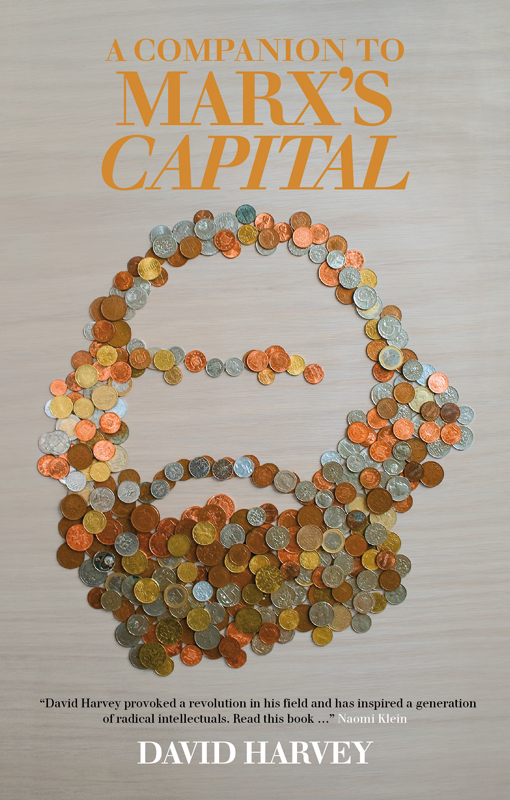
By Adam Fabry
The last 30 years, to put it bluntly, have not been the most favourable for people interested in Marxist ideas and politics. The seeming triumph of neoliberalism, particularly after the downfall of the Berlin Wall and the end of the Cold War, pushed Marxist thought increasingly to the fringes of academic and public debates alike. However, this dire picture has changed radically following the onset of financial crisis in late 2007.
As the financial crash has grown into an economic crisis of global proportions there has been a surge of interest in Marx’s analysis of capitalism, as people have attempted to come to grips with the causes of the current mess, as well as to find solutions to it. As the Times put it, “The prophet of revolutionaries everywhere, the scourge of capitalism, is enjoying a comeback.” As evidence of Marx’s return to popularity, reading groups have been popping up like wood anemones in the spring, gathering people interested in reading Marx’s magnum opus, Capital (to get an idea of how these groups look, you can visit the homepage of the King’s College reading group here).
However, reading Capital is not an easy project. While many might have found the Communist Manifesto a concise and brilliant book, or perhaps read excerpts from Marx’s writings, people tend, for a variety of different reasons, often to be discouraged from reading Capital. The sheer size of the book can, at first sight, be frightening. In addition, the complexities of Marx’s method, as well as personal preconceptions, add to the difficulties of reading Capital. This is where Harvey’s book comes into the picture.
As the title suggests, Harvey’s book is written as a “companion” for people “on a journey” through the rich world of Marx’s political economy. Undoubtedly, there are few scholars who would be better equipped for this task than Harvey. Originally a radical geographer and social theorist, Harvey has been writing and lecturing incessantly on Capital for the last four decades. Based on the transcripts of his lectures (which are available as text and video at davidharvey.org), Harvey’s book shows the reader how to read Marx on his “own terms”, in order to help us understand the contradictions of capitalism and the reasons why crisis is an inherent feature of this system.
Written in the same thought-provoking but still composed style that characterises Harvey’s previous works, this book offers invaluable insights and assistance for everybody interested in unravelling the contradictions of the current crisis following the methods set out by Marx some 150 years ago.
Courtesy: Socialist Review

Pingback: زمین اور بقاء کا سوال: نو آبادیاتی نظام کے خلاف مارکس کے خیالات – Balochistan Marxist Review